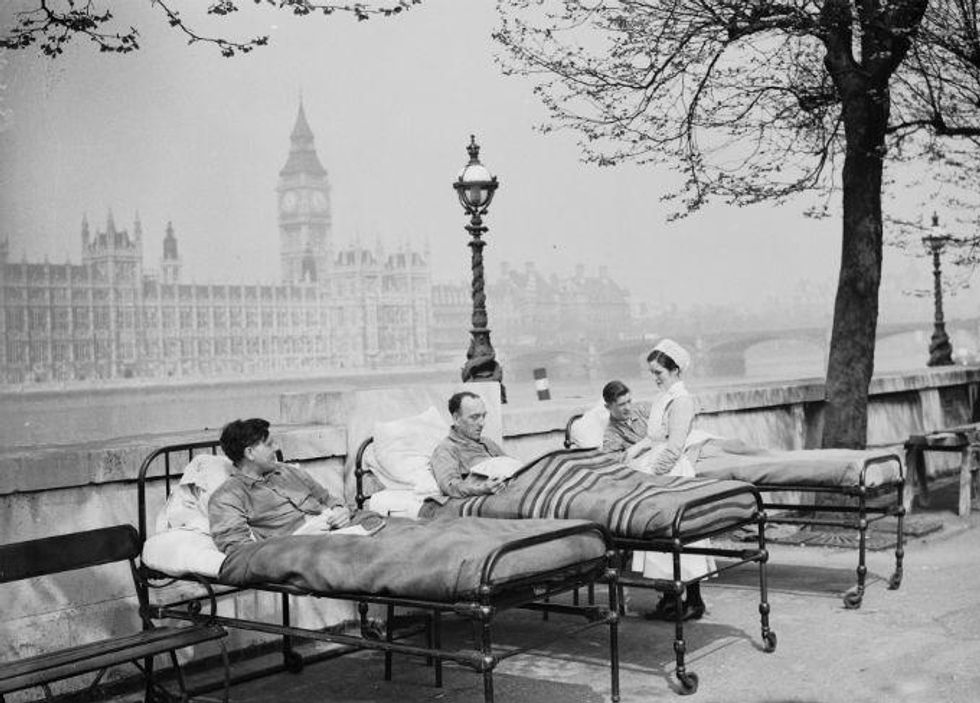News
Bethan McKernan
Oct 27, 2015
Several parts of London have higher rates of tuberculosis infection than countries such as Iraq and Rwanda, a report has found.
The London Assembly has found that the city has 40 incidents of the disease per 100,000 people, and some wards in Ealing, Harrow, Hounslow, Newham and Brent have rates of more than 150 infections per 100,000 people.
World Health Organisation data from 2013 showed that in Rwanda 69 people in 100,000 have the disease, and in Iraq, 45 per 100,000.
The average rate per 100,000 in the UK as a whole was just 13. The London Assembly cited poor quality housing, chronic ill health and poor nutrition as trigger factors in the capital for turning latent TB into active TB.
People living in poverty, prisoners, homeless people, those with substance abuse issues, refugees and people with chronic health issues such as diabetes or HIV were all deemed to be at risk of developing active TB.
In addition, the report said that low levels of awareness and late diagnosis by GPs were contributing to the problem.
More than two billion of the world's population are thought to live with latent TB, which becomes an active and debilitating disease when a person's immune system is otherwise compromised.
TB is usually caught by close and prolonged contact with someone with TB who coughs and sneezes. If left untreated the effects can be severe, including loss of sight or hearing, nerve damage, and kidney and liver impairment.
It is thought that 80 per cent of Londoners with TB are people who were born abroad, but the rate of infection among UK-born Londoners has risen, while among the non-UK-born population it has fallen.
The BCG vaccination, which protects against the disease, is recommended for all newborn babies, but eight out of 24 London boroughs don't even offer it.
About seven Londoners develop TB symptoms which include persistent coughing, weight loss and tiredness daily.
It can be treated fairly easily with six months of antibiotics, but treating drug resistant strains can cost as much as £500,000 per patient.
A City Hall spokesperson said:
The Mayor takes the issue of TB seriously and recognises that it is a significant health challenge for London.
Recent figures show that, in the three years to 2014, the number of people infected in the capital has fallen but the Mayor remains committed to tackling TB and is assured by Public Health England that every effort continues to be made to prevent and treat the disease in London.
More: This Ebola doctor has a powerful message for medical students
Top 100
The Conversation (0)














